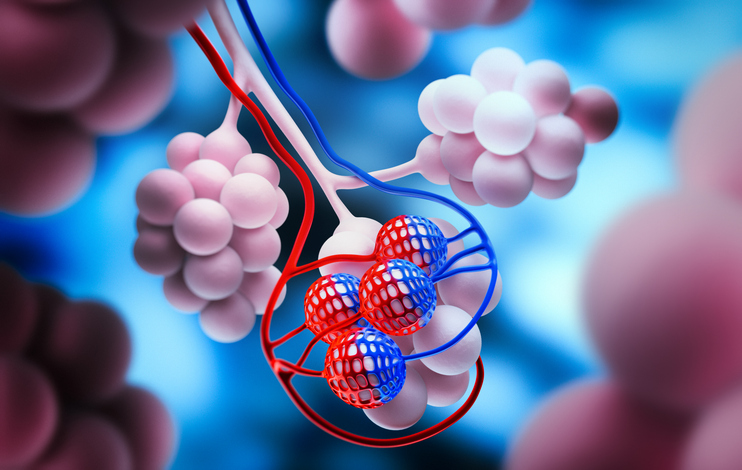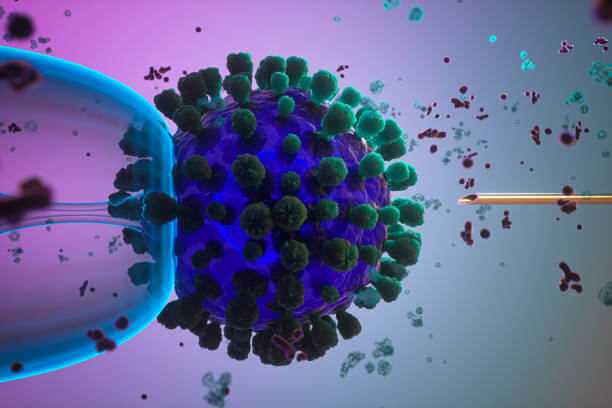TherPeEVs: Peptide therapies against Alpha-1 Antitrypsin Deficiency and pulmonary emphysema

Lead researcher
Research group

Funds Source:
Government of Spain
Period:
01/09/2025 to 01/09/2028
Project typology:
Individual project
Project status:
ACTIVE
Funding Entity:

Agencia Estatal de Investigación (AEI)
Funding:
125.000 €
Alpha-1 Antitrypsin Deficiency (AATD) is a rare genetic disorder affecting about 1 in 3,500 newborns, caused by mutations in the SERPINA1 gene. This results in reduced or dysfunctional alpha-1 antitrypsin (AAT), a protein that protects the lungs and liver from enzymatic damage. Severe genotypes, such as ZZ, SZ, or Null, are linked to early-onset emphysema, recurrent pulmonary infections, and liver disease due to the accumulation of misfolded proteins.
Current therapies rely on augmentation therapy, where plasma-purified AAT is administered intravenously to slow disease progression. However, this treatment is costly and inefficient—since less than 5% of the infused protein reaches the lungs—and cannot reverse existing damage. Alternatives under development include recombinant AAT variants, inhalable formulations, and novel approaches such as mRNA, gene, or cell therapies. While promising, these options still pose high costs and challenges for scalability and accessibility within public health systems.
This project proposes the development of engineered small extracellular vesicles (esEVs) as an innovative inhalable delivery system for AAT therapy. By designing vesicles loaded with recombinant AAT fusion proteins, the strategy aims to achieve efficient protein encapsulation, scalable purification, targeted pulmonary delivery, and robust biomanufacturing. The project is funded by the AEI 2024 Call – “Proyectos de Generación de Conocimiento, ref. PID2024-161734OB-I00″










